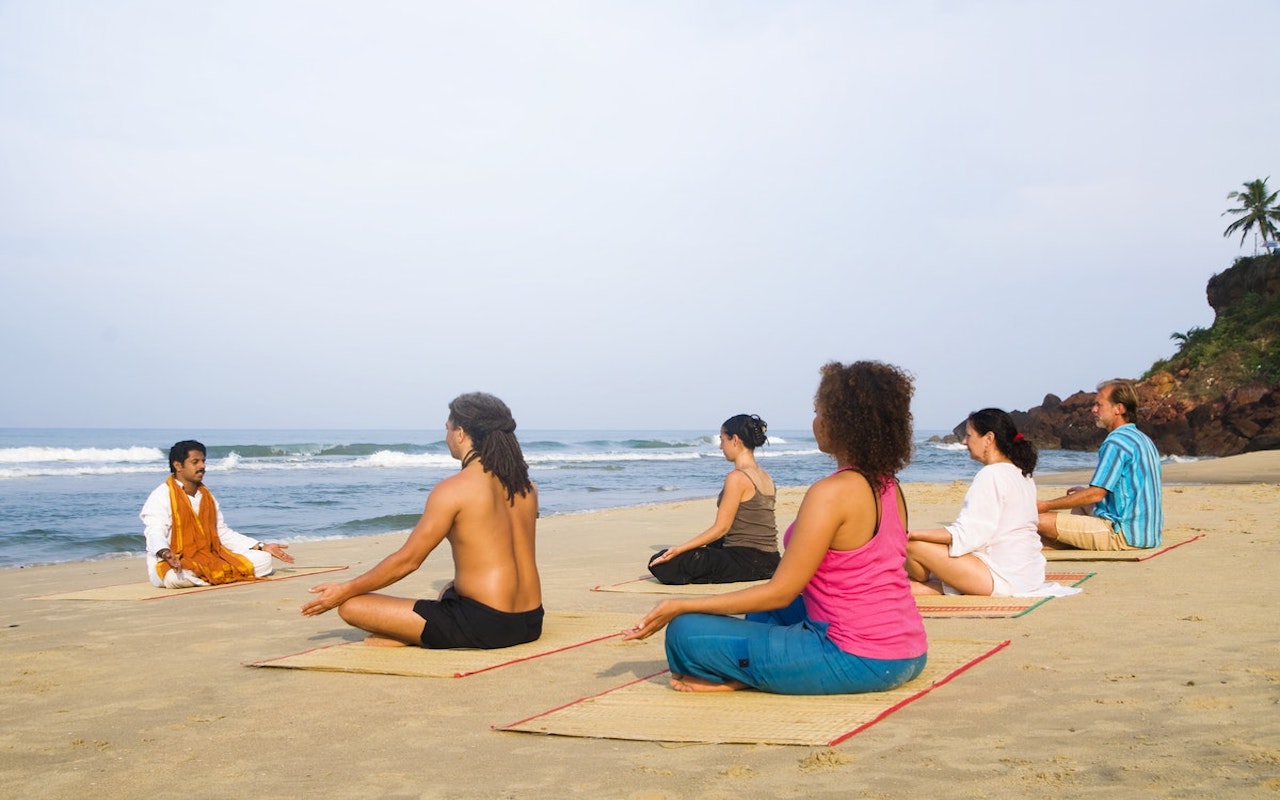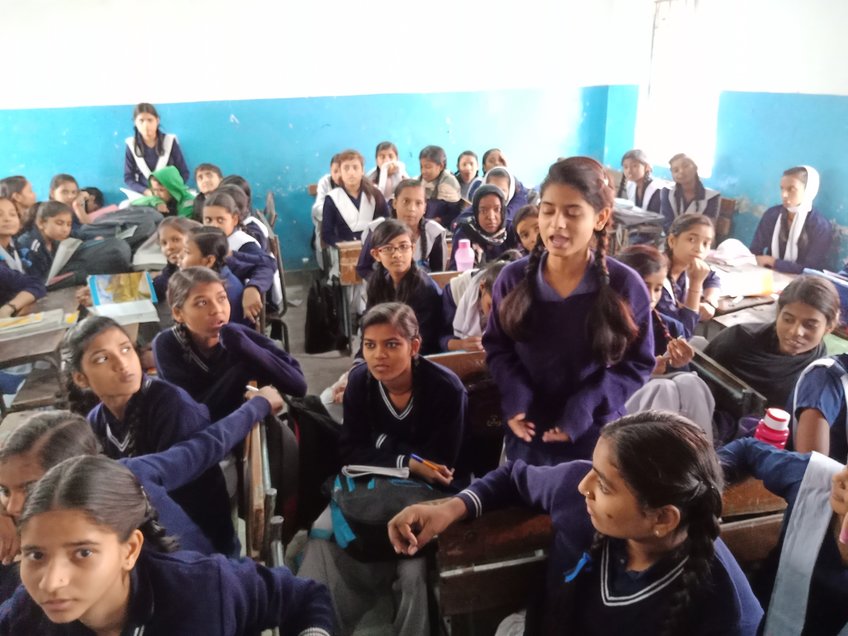Spread the Word on Dangers of Blue Whale: Supreme Court to DD and TV Channels
On October 27, 2017, the Supreme Court (SC) took cognisance of the ‘Blue Whale Challenge’ and termed it a national problem. While asking the government for a time-bound plan to ban the game, it has also directed the state-run channel Doordarshan and private television channels to help create awareness about the deadly game, by telecasting the dangers during prime time programming.
As NDTV reports, the ‘game’ has been linked to at least six suicides by children in India, though India Today reports this morning that the court was informed that investigations are on into 28 cases of deaths linked to the game.
I. What is the Blue Whale Challenge?
The Blue Whale Challenge is a macabre online series of dares, believed to have originated in Russia where there have reportedly been more than 130 related deaths and two arrests, The Indian Express reports. The challenge has affected teenagers globally, with worrying reports coming in from Iran and Pakistan as well. The series of tasks assigned by a curator/curators culminates in a suicide bid. The game is shared via social media networks.
Pragya Lodha, Research Assistant at De Sousa Foundation tells The Health Collective:
“Blue Whale has affected only those teens who were already emotionally or psychologically vulnerable. Not every teen or youth was and would be affected in the same way. It is important that we create an environment at homes and schools to speak about emotions in a comfortable way.”
For further reading, here is a fairly detailed explainer from the NCPCR on what parents need to know. We are not reproducing/ re-printing all the dares reported, given concern about potential copycat effect.
Also Read: Samaritans’ Guidelines for Reporting on Suicide
Please do reach out to a trained professional if you or someone you care about is displaying disturbing behaviour or if you are concerned about suicidal or self-harm tendencies.
Also See: Suicide helpline numbers operational in India and where to Get Help
To quote from one of our own contributors, Tanmoy Goswami writes in The Health Collective:
“BY ITSELF A GAME CANNOT KILL. But give it a lost mind and just enough motivation, and it can turn into a knife or a free fall from the terrace. In India, there seems to be no dearth of motivation for the morbidly-minded: 371 Indians kill themselves daily on average; 18-29-year olds are particularly at risk. Many more attempt to but fail.”
II. ASK THE EXPERTS
In light of the potential consequences of the game, the new directive by the Supreme Court is bound to trigger a conversation as to whether an open broadcast will lead to heightened awareness about the deadly threat or potentially lead to copycat attempts by at-risk children or even those looking for an adrenaline rush.
The Health Collective spoke to a few experts for their insight.
Francis Joseph, co-founder, School Leaders Network, stressed on the need to educate parents.
“The only way to defuse the Blue Whale challenge is to educate the parents; not only the children. Parents and teachers need to be more alert and observant about their children’s behaviour and this is the only way out to defuse this infectious challenge. It’s more of a parenting challenge. Showing video clips on TV prime time will just make the challenge more popular, which can be good in the case of parents; but risky when it comes to children.”
However, he was slightly cautious about the SC directive.
“I would like to state that the Blue Whale challenge, which is harming children worldwide, is not a game which can be played on a app. It’s more about a phenomenon similar to the Ice Bucket Challenge (though IBC was for a good social cause). The children are targeted via social media; maybe based on their browsing data. The tasks psychologically compel them to go on using high emotional and social pressure. Hence, I am curious on what game are we banning?
While respecting the Supreme Court’s decision, I personally feel that the more we publicise the Blue Whale Challenge, the more we are challenging our children to take it on. Peer pressure can drive our children to take up such challenges.”
Manohar Rangnekar, Assistant Director, Samaritans Mumbai, tells The Health Collective:
“The Supreme Court directives are one of many ways in which the reach of this game (to youth) can be controlled. We need to go deeper into the psyche of the players, particularly to unearth what gets them hooked to this game. Is it thrill? Like one dancing on a running train? Is it a form of attention-seeking? Is it an antidote for a depressed mind? These and many more questions relating to the emotional state of the players need to be answered.”
He adds a very important point.
“Any public show to create awareness of the game has to focus not on the game, but giving emotional support to each and every member of the family. Society at large — and more specifically parents of the adolescents — will have to be impressed about getting trained in listening skills to give emotional support to each one.”
Also Read: Media Watch: Portrayal of Mental Illness and Suicide
Janki Mehta, a consulting psychotherapist and founder of Mind Mandala, expressed her support for the directive.
“I think the verdict for awareness is a good move. It will make a lot of people aware of the game and its repercussions. Though I do hope that the media house brings in a mental health experts to help them with this task, she tells The Health Collective.
“Doing a prime time TV show may help though I feel the audience — which is young children and teenagers probably — will need it beyond TV. Using the same medium they played blue whale on of cell phones, social media, to get this message across is a much better idea. I think parents also need help because many do not understand how this game works or how it can influence their children, teachers and schools as well…”
“Obviously there is a lack in communication amongst children and parents and their relationship somewhere which one needs to identify because something created a problem and these preventive methods won’t last long unless we address the root,” she adds.
— Inputs by Vandita Morarka, Sukanya Sharma and Devanik Saha
Views expressed are personal. Do share your comments right here or @healthcollectif. (Post updated on November 12 to correct Designation of Pragya Lodha)




